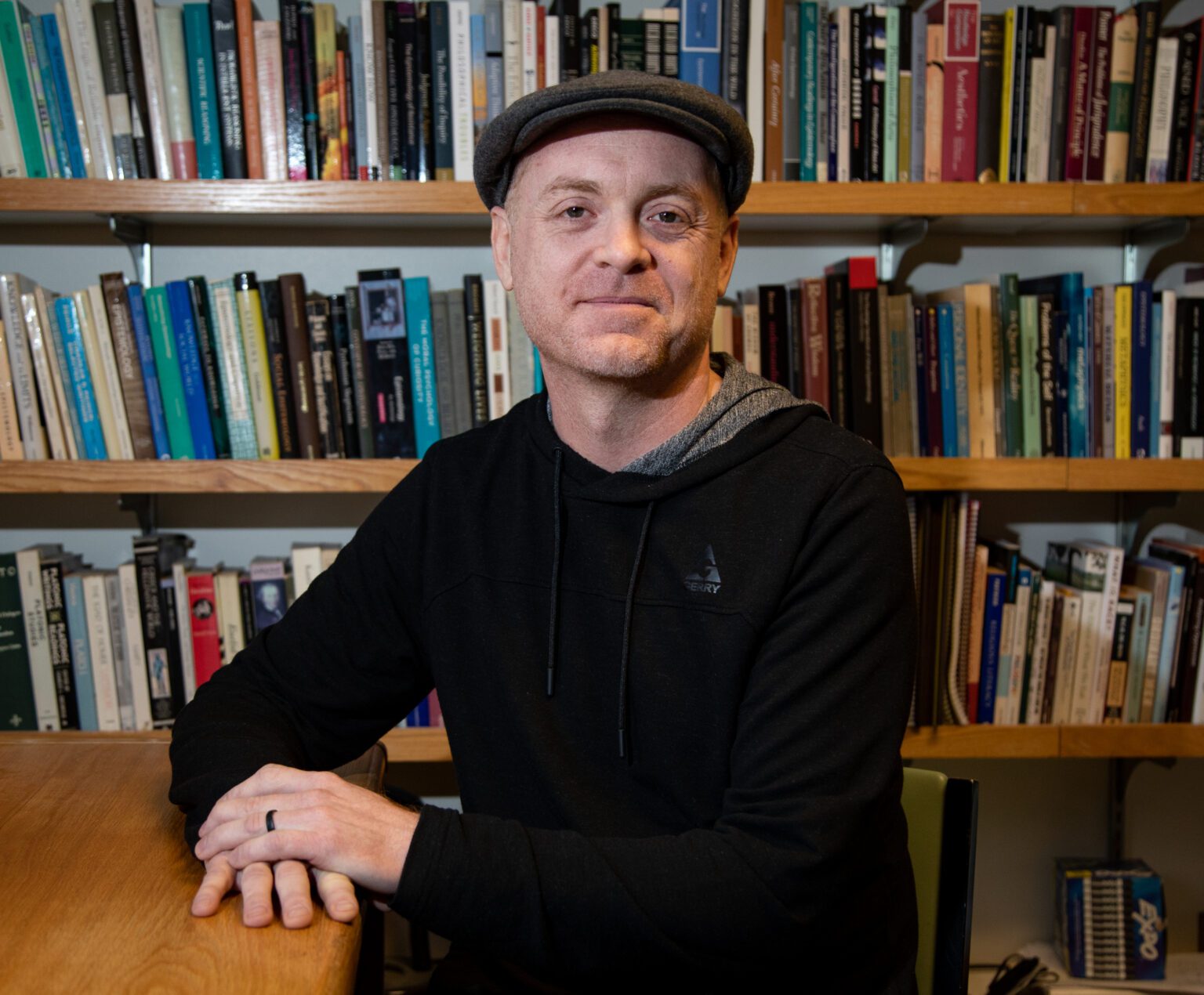For months, Western Washington University philosophy Professor Dennis Whitcomb worked with co-authors Joshua Habgood-Coote and Lani Watson to develop their latest article: "Can a good philosophical contribution be made just by asking a question?"
So what followed the title? Nothing ... but a blank empty page.
The rest of the article lives within the minds of readers as they think and mentally respond to the question presented.
"We think of this paper as a kind of co


Try us out
Enjoy 24 hours of unlimited digital access to CascadiaDaily.com for just $1!
Unlock the paywall



